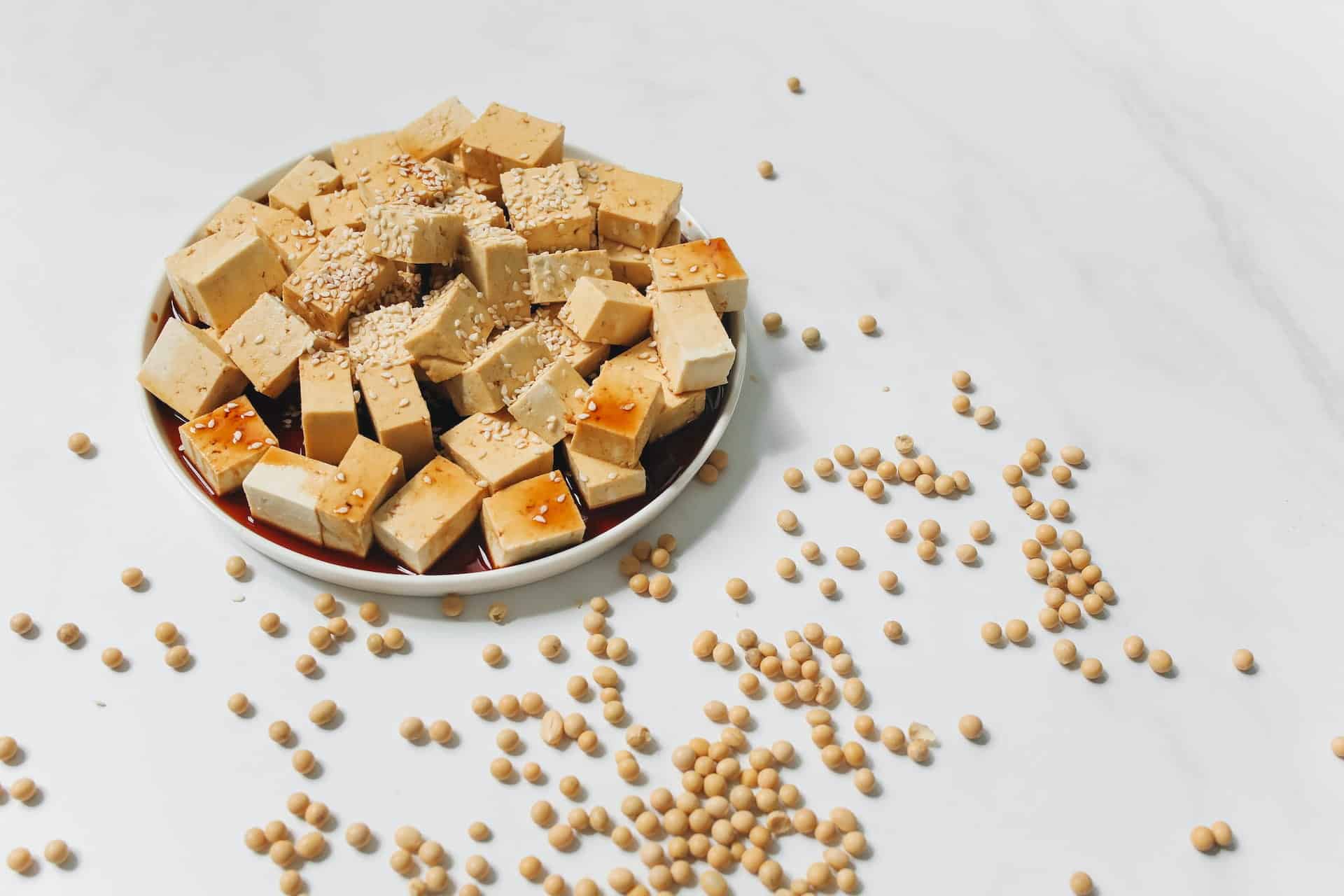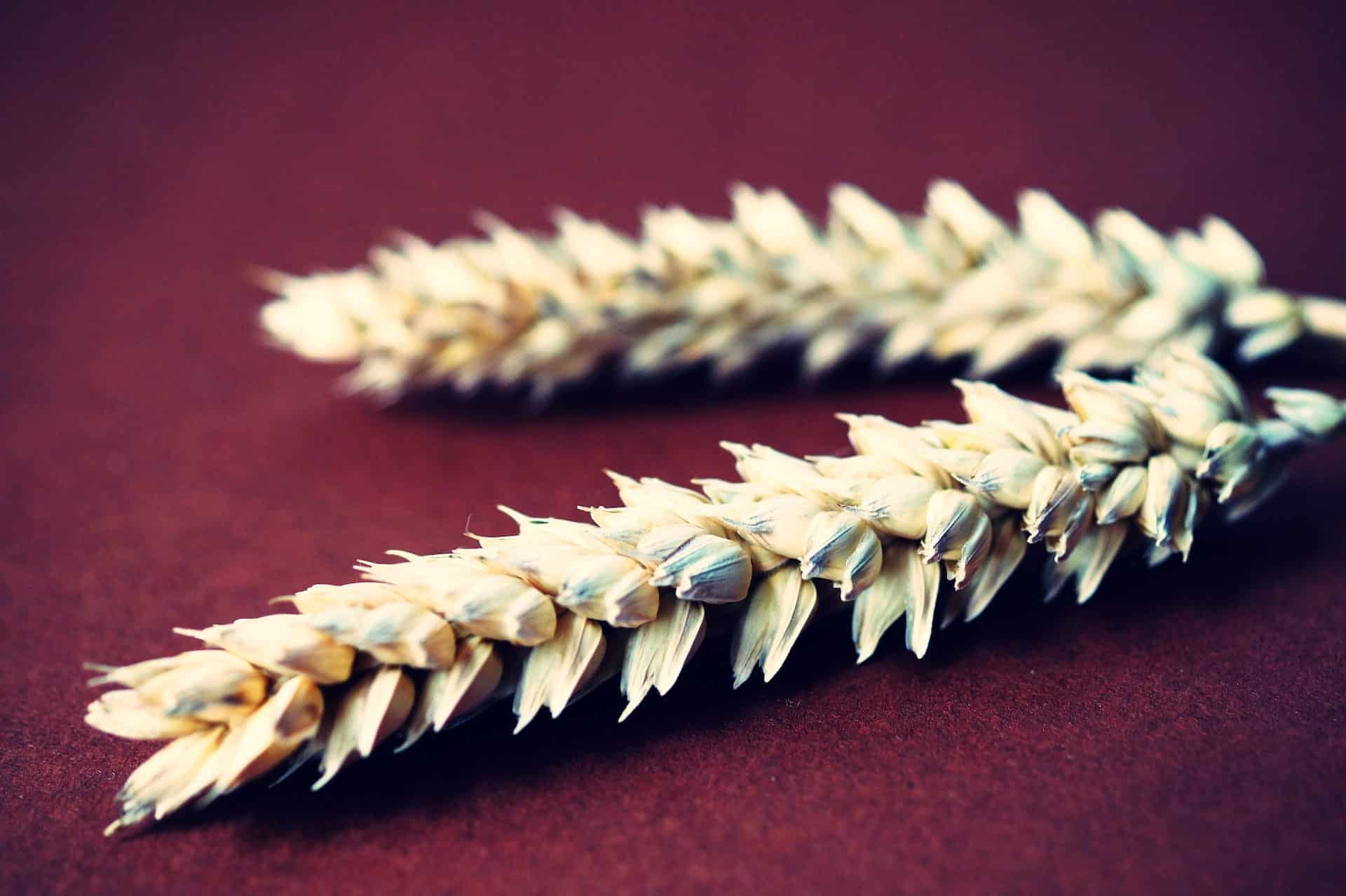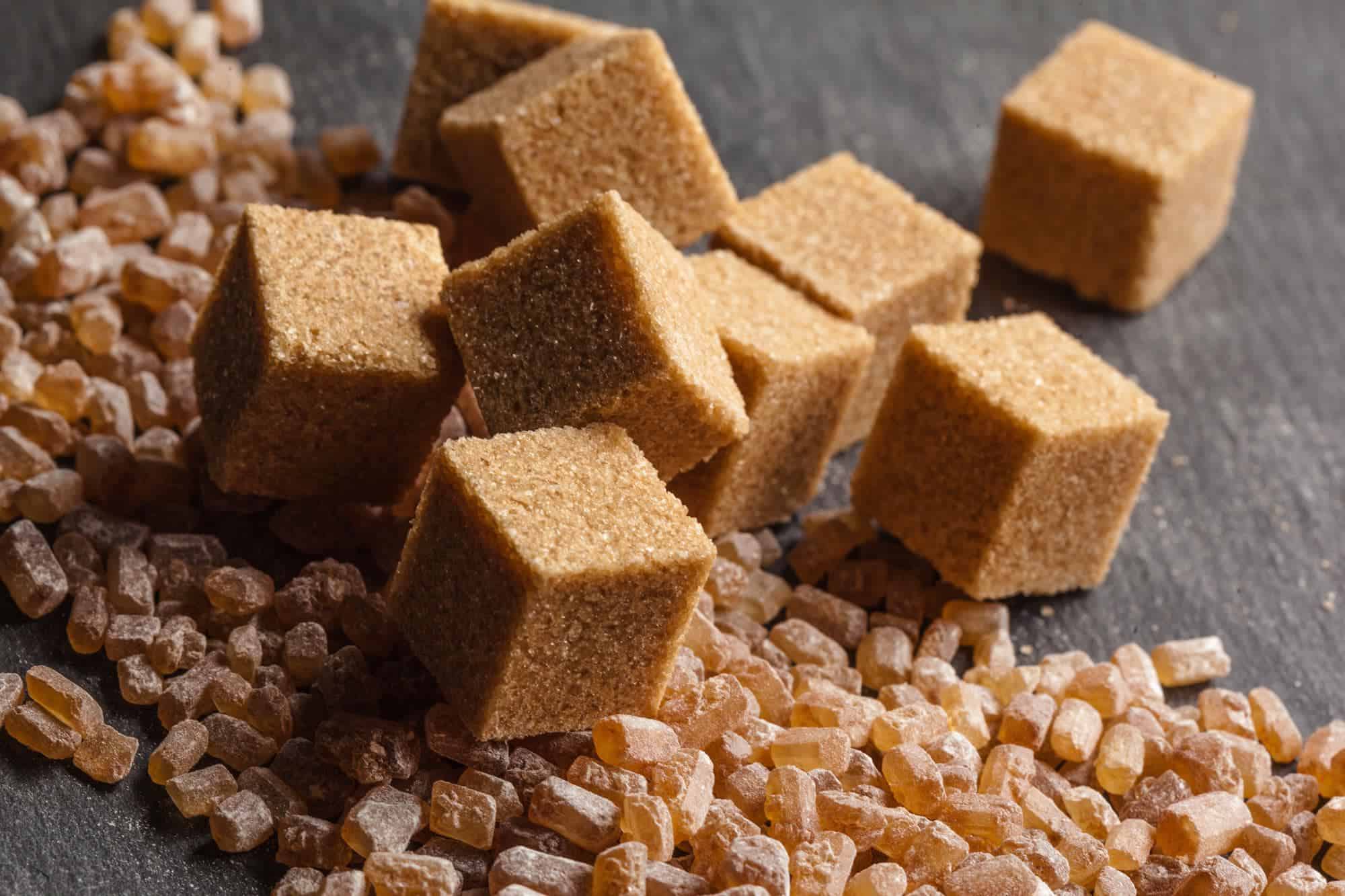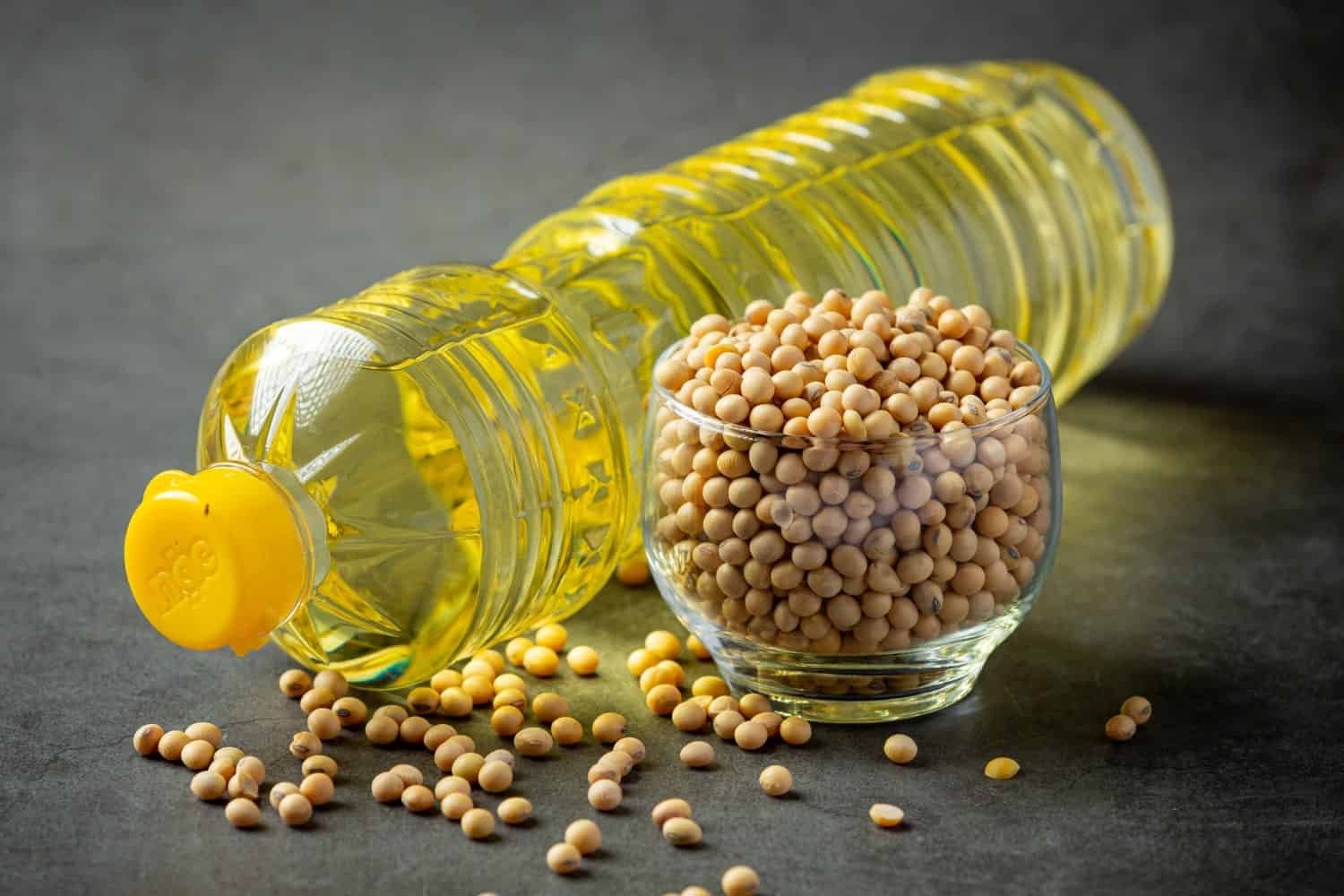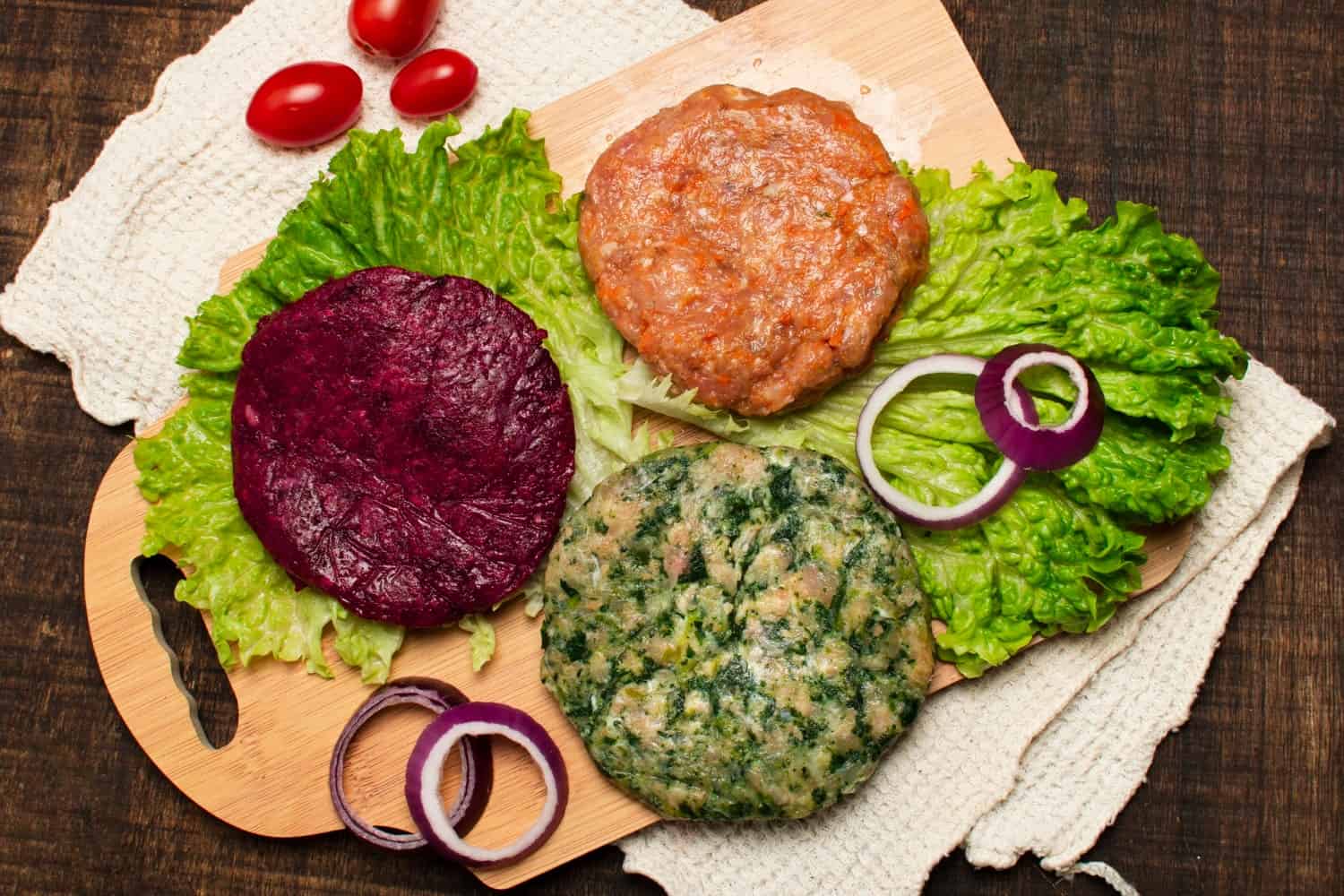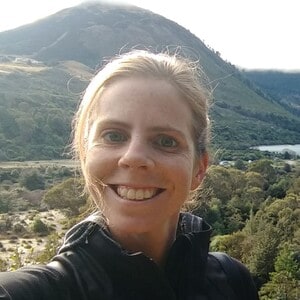
Stephanie Glass
Stephanie is a curious soul with a strong passion for health in all areas of life and an inner calling to connect people to themselves and the world around them.
She has a background in Food Technology working in product development, quality assurance and food safety but her interests expand to all health-related topics, such as nutrition, mental health, emotional intelligence and personal development.
She immigrated from Argentina to New Zealand in 2019, following her dream to live in a place with easy outdoor access. Nature and exercise are two of her pillars of well-being, especially when they are combined. In her free time, you’ll find her hiking, trail running, open water swimming or doing yoga in a park.
After experiencing high levels of stress and anxiety in workplaces, she deepened her practice in mindfulness and mental health and now facilitates workshops and programs for businesses to create psychologically safe working environments, combining personal and professional development, team building, stress management and effective communication.
Articles written by Stephanie Glass
Qualifications
- 2022 Holistic Life Coach and Mind-Body Practitioner, MindBodyFood Institute, Australia
- 2022 Holistic Nutrition Coach, MindBodyFood Institute, Australia
- 2020 Diploma in Business, Aspire New Zealand
- 2013–2017: BSc Food Technology, Universidad de Belgrano, Buenos Aires, Argentina
Professional Interests & Specialist Areas
- Mental health
- Mindfulness
- Workplace Culture
- Nutrition
- Healthy Food Product Development
- Team Building
Stephanie has also published a children’s book, Luna in the Forest, which instills the values of self-inquiry, connection to self, others and the environment and compassion.
She also facilitates workshops for children to find their uniqueness and that of others, experiencing the richness of diverse communities.
To connect with Stephanie, visit her StephanieGlass, and for weekly insights, personal development tools and resources, subscribe to her free newsletter on StephanieGlassSubstack.

